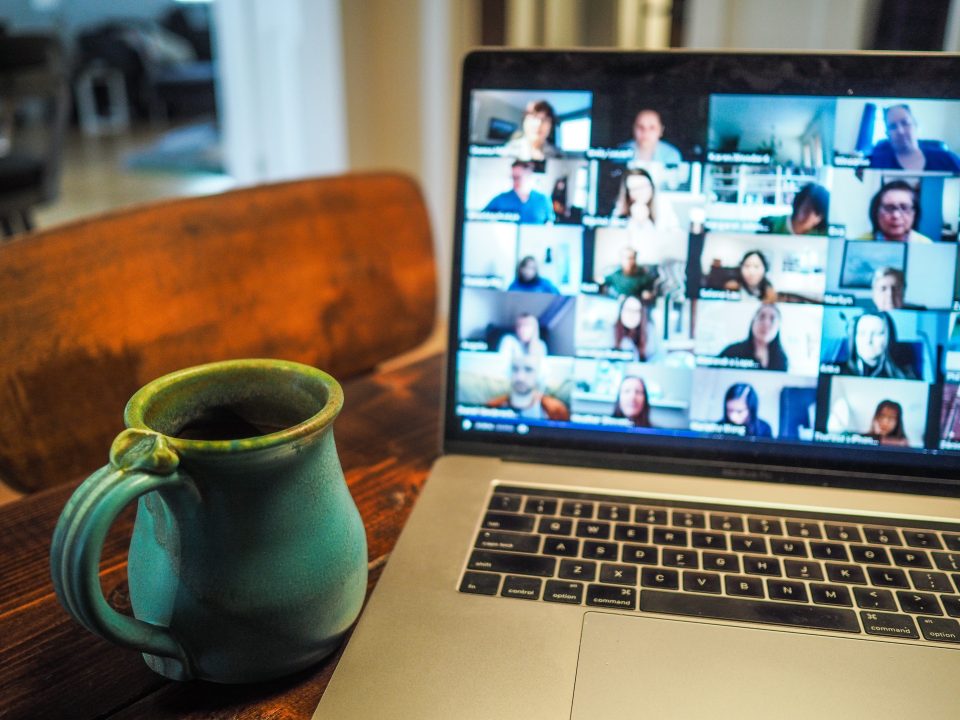Indonesia’s Education and the world in general is and has been, facing Adversity never before encountered in modern times and as a result society, in general, has spent the past two years reeling from one crisis to another.
As soon as we dare to tell ourselves and each other that the end is in sight and that “things will soon be back to normal”, another brick comes at us from out of the crowd and smacks us square on the forehead, knocking us back to square one.
As a result, it has been hard to make any short or medium-term plans (let alone long-term ones), as industry after industry has been affected, almost always negatively. Widespread adaptations and compromises have had to be made and “Work From Home” has become the norm in large swathes of the economy.
Whilst many companies and businesses have recently attempted to return to face-to-face working schedules, for some the resumption of offline working has been at best intermittent. A good example of this is the education sector.
Parents have been understandably the most anxious group in society when it comes to contracting the dreaded coronavirus. Quite naturally, there has been extreme reluctance to allow children to be placed in harm’s way and so for the vast majority of the past twenty-four months, online schooling has reigned supreme.
With this seismic shift in the delivery of lessons and education in general, so too have attitudes, thought processes, and procedures altered, perhaps permanently. Teachers especially have been charged with making lessons both meaningful and fun whilst being all too acutely aware of the need to guard and nurture the child’s holistic as well as academic wellbeing.
On the face of it, some may be of the opinion that teaching online has many parallels with face-to-face tutoring. After all, education purely involves the imparting and obtaining of knowledge. Right?
Wrong. As any educator worth their salt will attest, the overall holistic and pastoral wellbeing of a child is at least just as important, if not more so, than developing their academic knowledge and prowess, and so teachers around the globe have been challenged to up their collective and individual games. Speaking from personal experience, I can safely state that teachers have had no choice but to become more innovative, creative and empathetic in their teaching.
Children studying online have been presented with many obstacles and, indeed, threats. These threats have come to their mental and physical well-being as well as to their academic development due to the amount of time sitting in front of a computer screen deprived of real contact with friends and teachers alike. A whole generation has missed out on two years worth of social development and communication skills and the long-term consequences of these developmental alterations are not likely to be apparent for many years.
Teachers and educators have therefore had to step up to the plate in terms of looking after the children’s mental health and safety as much as possible. Expectations and targets academically are still as high as ever, but the learning process and demands on the students have continued to shift appropriately.
For example, homework in the traditional sense of reinforcement and further practice exercises being set by teachers has – by and large – given way to more summative assignments and forms of flipped learning. These require less intense study periods and more involvement in skill-based learning and are designed to help ease the children’s mental burdens.
Children are in the main adaptable souls and their thirst for knowledge and learning has not been diluted by any large degree throughout the pandemic. Naturally, at times most children have encountered bumps in the road and periods of frustration combined perhaps with bouts of loneliness, emptiness and even depression, but in the main, their collective defiance in the face of adversity has been stout and inspiring.
Children of different ages have faced difficulties in terms of sitting formal external examinations over the past two academic years, and as we approach the annual examination period once more, it seems increasingly likely that this year’s cohorts could also well be disrupted. Factors such as the type of examinations being sat and the examination boards involved have played a part in determining proceedings. Some students have been evaluated and graded based on coursework and other contributions such as assignments or tasks given, while others have taken examinations at home under conditions that have been adapted to be as close to offline examination conditions as possible.
While education seems to be stuck in a constant state of flux at the moment, family life continues. The easing of restrictions to a certain degree has resulted in more businesses returning to at least partial face-to-face conditions, and this in turn has resulted in another shift in family dynamics. No longer are family members being forced to exist on top of one another thus running the risk of over-familiarity breeding contempt and annoyance.
In this sense, children’s family lives and relationships are perhaps returning to a semblance of normality at a faster rate than their school and social ones are. Dare we say that light is once again visible at the end of what has been a very long and bleak tunnel at the time?
With the government announcing plans to further reduce quarantine periods for those visiting or returning to Indonesia from overseas in March and April, travel may soon become more commonplace once again and families will be able to plan vacations and trips abroad once more should they wish.
It has been a long and bleak period in all our lives, but we have coped. We are still here and our children have done us proud by rising to the challenges faced and by staring down adversity along the way. While we are not collectively out of the woods yet, maybe, just maybe the future is looking just a tad bit rosier.




